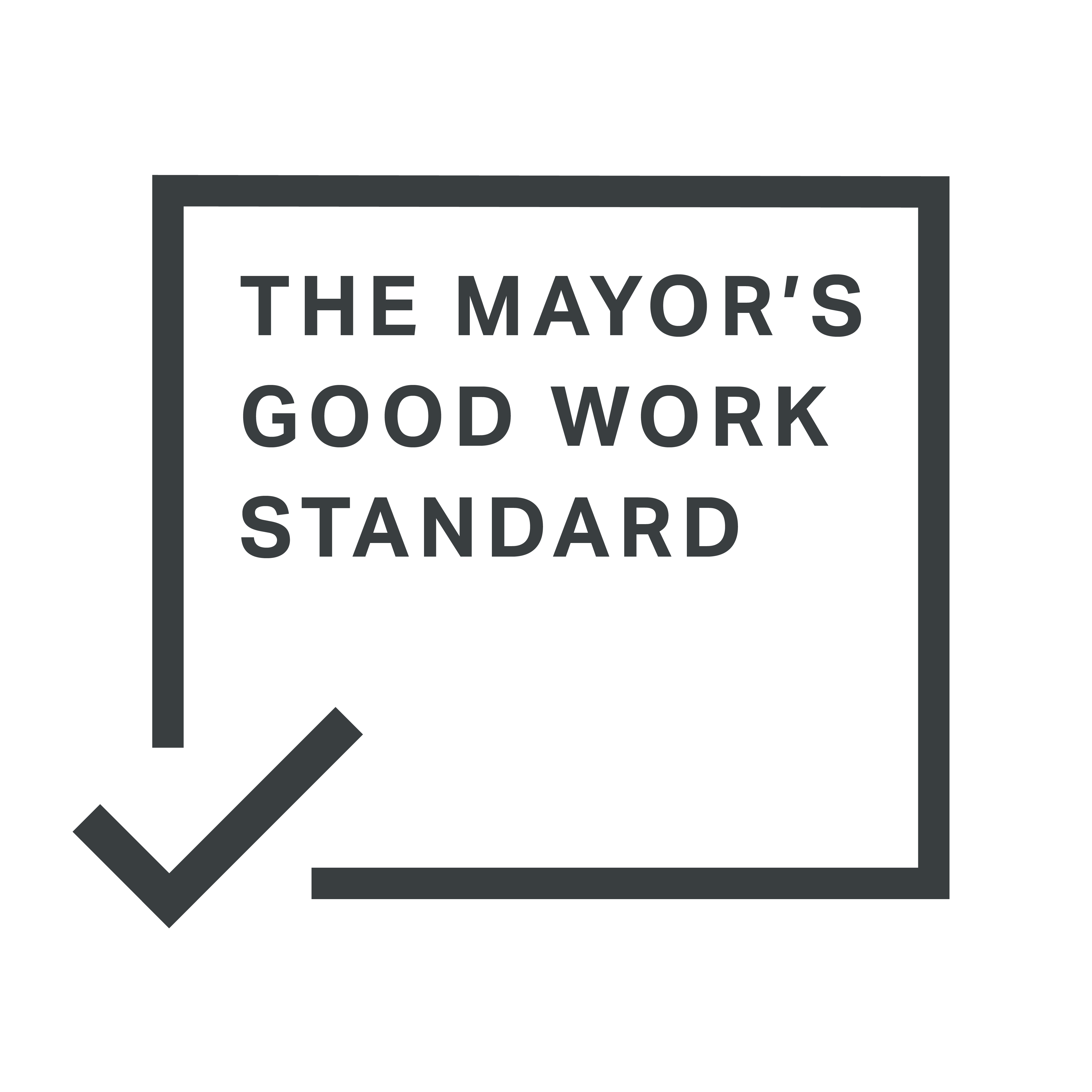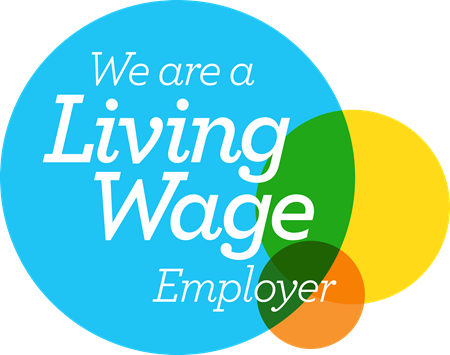First ever London TravelWatch webinar offers plenty of food for thought
07 May 2020
Over the last few weeks we and the transport industry have been focussed on the travel needs of essential workers. As we approach a possible change in the Government’s position on the lockdown this weekend, we wanted to explore what the industry might do to continue to serve essential workers, and also meet the needs of larger numbers of us who will be starting to return to our everyday lives.
At our first ever London TravelWatch webinar Emerging from Lockdown yesterday we discussed possible ways to get London back moving in the best possible way as restrictions on travel are eased. While we await announcements from the Government over the next few ways as it sets out its lockdown exit plan, there were bound to be many unanswered questions but we had some really wide ranging discussion and plenty of ideas to consider as we develop a series of asks for Government and the industry.
We heard from the Deputy Mayor for Transport, Heidi Alexander that TfL’s planning has been like ‘doing a jigsaw in the dark’ as they await guidance from the Government about businesses getting back to work and schools returning. But she was clear that there will not be a return to business as usual anytime soon – 2 metre social distancing measures mean it is likely that Victoria line carriages will only be able to accommodate 21 people rather than the usual 125. She was adamant that one public health emergency cannot be replaced by another – the danger of increased car use would set back all the positive work being done to reduce air pollution and threaten all Londoners’ health. Her message was clear – people who can work from home must continue to do so and those travelling need to retime journeys and spread out the times of day they are travelling as well as re-planning journeys, using less busy routes. It was encouraging to hear that TfL are looking to widen pavements, encourage more walking and cycling and travelling in a more active way. Josef Schneider, Chair of the European Passenger Federation pointed to similar schemes in Brussels.
Bharat Mehta echoed our thoughts that during lockdown, it has become clear that lower paid workers often can’t work from home and have to continue to rely on public transport. These include those doing essential jobs to keep London moving: delivery workers and care workers as well as construction workers who may be travelling very early in the morning often from outer London. There have been suggestions in the media that public transport fares should be increased after the lockdown ends to discourage crowding but this would place another financial burden on those who have no alternative but to use public transport, often some of the poorest in the capital.
Of course there are other sections of the community that rely on public transport. Kirsty Hoyle from Transport for All and John McGeachy from Age UK London reminded us that the needs of older and disabled people must be taken into account as restrictions start to ease. They both saw transport as a great enabler which can help combat isolation.
Kirsty wanted to see the eligibility criteria for Dial-a-Ride extended and free travel on the network for carers. She highlighted the danger of emerging from lockdown meaning ‘returning to lockout’ for disabled transport users, stressing the importance of disabled people not being penalised for travelling in pairs or with guide dogs as restrictions are lifted. She warned that if you are told a station is step free but there is no level access, the reduced capacity on the network means there will be less margin for error if things go wrong. John said that while some older people told him they would travel at quieter times, this isn’t possible if you have a hospital appointment. He also said that the availability of toilets and hand sanitiser on the network is a very important issue for older Londoners.
Robert Nisbet from the Rail Delivery Group said that transport was just one of many pieces of the jigsaw Heidi mentioned, as London prepares for some restrictions to be relaxed. He explained the industry is currently running around half the normal Monday to Friday services but as it starts to ramp up services the advice on social distancing and protective equipment like facemasks will make a huge difference for rail companies. He said that the industry has told the Government the levels of capacity it can provide but ultimately it is up to the Government how this is used and it needs to be able to send out a strong, clear and consistent message to transport users across the country on all modes of transport once it has decided.
There was some discussion about allowing electric scooters on London’s streets but the panel agreed that there would need to be clear guidelines and while they could have reduce congestion on public transport, there were concerns about allowing them to be ridden on pavements.
All in all, a great afternoon’s debate and many ideas to take on board. We weren’t able to answer all the questions we received but will be putting answers to the most common ones on our website shortly. We now await the announcement by the Government on Sunday which will hopefully give us some more clarity – one thing is certain; good clear, consistent information is going to be crucial on so many levels; for the industry, employers and passengers.






